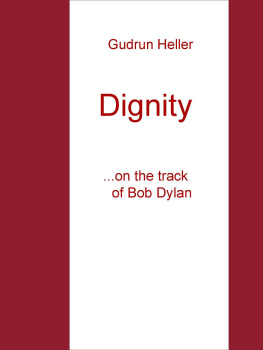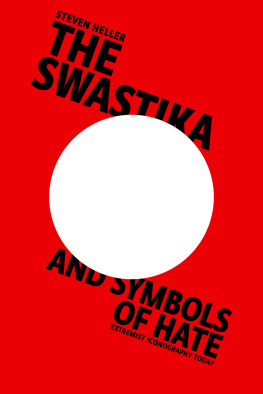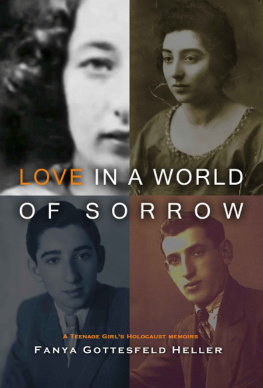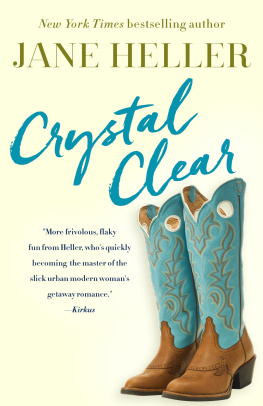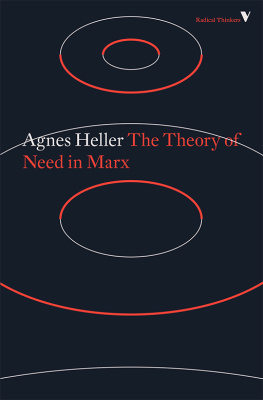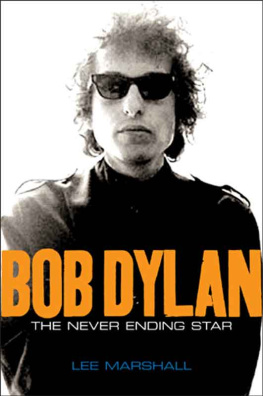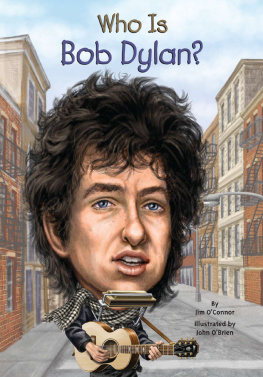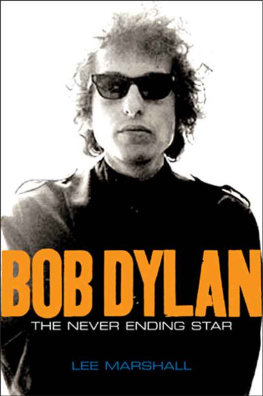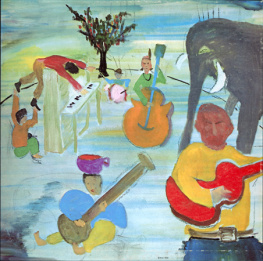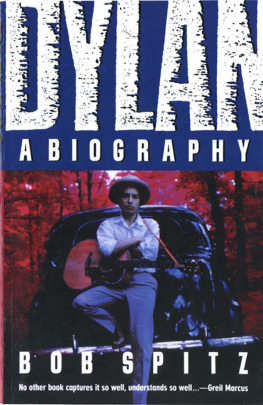D i g n i t y ...on the track of Bob Dylan
Gudrun Heller
N ov e l
Foreword
ThisisthehistoryofthefictitioussingerKarlvanderValk.Inspired by the life of Bob Dylan it isadeclarationoflovetoallmusicianswhoenchantoursoulandspeaktouswiththeir musicin times when nohumanvoicecanreachusany more.Whothe media and we, theaudience,put under pressure mercilessly and who fightfortheir dignityandtheirwayandgoitdespiteallresistances.
1
ItwasatastefulhotelinHamburgnearbytheshipwelcomingplant.There was muchnaturehereandthetowncenterwaswithin fast reach. Thelittleconferenceroominwhichthemeetingshouldtakeplacewasfittedoutcomfortablywithornatewoodenchairsandfurniture,afireburnedoppositethewindowsideinthefireplace.It was in the middleofFebruaryandpowder snow coveredallgreenoutside.
Hehadpreferred to go by regular busthis time andtherefore hadhadtowalkthelastpieceof way. Thecoldhadcreptin all of his limbs and so heenjoyedthecracklingwarmthofthefire.
By now he was 70 years old and it was about 15 yearsago that he had given his last interview. Ifitwas up to him, itwouldhavealsobeenthe very last one. But short time ago, hehadpublished hisautobiography, a look backat 50yearsofhislifeasasinger-songwriter.
Thepublishinghousehadadvisedhimtogiveone interviewatleast.
Although he hated the pressandmedia.
Howofteninhiscareerhadn'ttheyturnedhimthewordoverinthemouth?Andthenthey alwayswantedtoknowsomething abouthisprivatelife.Forwhat?Hisprivatelifewasn'tmuchdifferentfromthat of otherpeople.Themusicdistinguished himfromotherpeopleand nothing else.
In the course oft the years, he hadgotaccustomedtotellingthemediarepresentatives untruethings asmuchasjustpossibleandto protecting his private life asgoodas possible.
Although he had to admit that the reports about him had changedin the last years. That was had happened in the eighties faded inthe background more and more perhaps because it had been reportedabout again and again.
Anyhow, by this time people were interested in the music heplayed now. Heactually seemedtobeperceivedinpublicjustlikehehadwantedto be his whole lifetime: asamusicianatwhosemusiconehadagoodlook.
Too much time had gone by until he had reached this. Andhemustnowrecognize, as he has finally reached his aim, thatheapproachedthelastsectionofhislife.Theusualagecomplaintsstarted,hisdoctorrecentlyhaddiagnosedarrhythmiasathim.
Andtheideahadsuddenlygotunbearableforhimthatonlyhislyinginterviewswouldbeleftafterhisdeath.Hewantedto showthetrue Karl van der Valkto thepubliconce.Andhisautobiography andthisinterviewservedforit.
Aquiet clickingtorehimoutofhisthoughts.ThedoortotheconferenceroomwasopenedandChristianMertensentered,editor-in-chief ofthemagazineFreeTime.Hewasamanwithalreadygreyhairandbrown,frankeyes,aged end50. They welcomed each other andChristianMertensmadehimselfcomfortableinanarmchairinfront ofKarl.
Karlmistrustfully eyedhimup. Whatwouldbe the result of this interview? He could already imagine what oneof the first questions of the journalist would be: Whatwasyourchildhoodlikeandhowhadeverythingbegun?
Karlsighed.Healready hadtoanswerthisquestionso often in former times. Heclosedhiseyesforamomentandmetitagain,thelandscapeofhischildhood.
2
Of salt and sea tasted this landscape and, of course, of whitecabbage.
TogetherwithhisyoungerbrotherWalter,Karl van der Valk alias Karl Hartmann grewup in Wewelsfleth, not far away from the dyke and nearby the townGlckstadt, or, as today one would also say, about10 kmsoutheastofBrokdorf.Brokdorfwasn'taconceptinhischildhoodat the endofthefifties andthebeginningofthesixtiesyet.
HisparentsHerthaandGeorgHartmannoperatedalittlefarmlikeat that time they were stillinnumerableinSchleswig-Holstein. He was born in the year 1958. Steamenginesstillranontherailroadsandmanyfarmshadno water toilets. Thefarmers obtainedtheir waterfromafountainoftheirown. Almostallfarmershadalittlestableasanannex to their houseatleast.Unlesstheywerecabbagefarmerslikethe Hartmanns.
Wewelsflethnotyet or no more belonged to the region Dithmarschen wherethemajorityofthefarmerslivedoncabbage,butitborderedonit.
With usthereisthesouthernmost cabbageofSchleswig-Holstein, his fatherusedto say fullofpride. What,most likely, wasn'tevencorrect.
Thecabbagecultivationbroughtacertainindependence tothe Hartmanns.Whilethecattlefarmershadtotakecareoftheiranimalsoverthewholeyear,itshutquietly atthemat least inwinter.Itwasthetimeforrepairsandmaintenances tohouseandmachines.Later on, thefamilyusedthesemonths fortheirannualholidays.
ThewinterwasKarl'sfavouritetime.Finallynot everythingrevolved around thehatedcabbage. Hisparentsdidnt care much about him in this time andhecoulddoandletwhathewantedto. Hewent on long hikes tothedykeand tramped through the silt in rubber boots at lowtide.Togetherwiththeotherchildrenon the street helearnedcycling andlateron rollerskating, too. Nochildarrangedanappointmentforplayingatthattime.Karlsimplyran out into the streetafter schoolandsincetheotherchildrendidjustthesame,therewasalways somebodytoromp around.
Sometimesthiswaseven too much for him and helongedforaplacewhichonlybelongedtohim,where he could be alone andwherenoone coulddisturbhim.
On one of his expeditions, hediscovereda fewtrees inwhosemiddleasplendidoaksatenthroned.Its branches weresobroadlyandprotrudingly thatKarlcouldn'tresistthetemptationof climbing up. Hewasenthusiastic. From this viewpoint, he could look far over theflat land and, whatwasalmostevenmoreimportant,nobody got theideaoflookingforhimhere. Hestarted building a little cabin in the oak and in the course oftthe time, he brought more and more things to this place whichheneededforhislittle escape fromtheeverydaylife.
The most important thing was a small transistor radio withbatteries which his uncle Hans had given him as a present on hissixth birthday. There was nothing more beautiful for him than tosit here in the oak and listen to the songs and radio plays. Theytook him away into another world, far away from that of a cabbagefarmer.
Unfortunately, Karls peace ended together with thewinter. Karl as well as his brother Walter had to work in the fieldthen regularly. At spring, it started with the harrow, theplowing and the sowing and reached its height at autumn withthe harvest. Then Karl had to work on the field each afternoonuntil finally, all cabbages were harvested. During this time, itwas hardly possible to get the smell of earth and cabbage off oneshands. Even today, he felt sick if he only saw white cabbagesomewhere.
Sometimes, he just didnt come back from school and fleed fromthe field work to his cabin. Hungry, but content with himself andthe world, he lay there at the top of the tree, listened to hisradio and dreamt he was somebody else, with other parents atanother place.
The sole ray of hope in autumn was his birthday onSeptember, 20th. Even if the harvest was well under the way, thisday was celebrated. His mother made his favourite meal: Meatballswith potato salad and in the afternoon, of course cake, marblecake. Grandma and grandpa turned up and, what was the mostimportant, his uncle Hans came from Hamburg. Hans was amusician and played violin at the State Opera in Hamburg. ToWewelsfleth, he always brought his guitar on which he playedancient folk songs and classical pieces of music. Karl wasparticularly done by the medieval songs about young castle ladiesand brave heroes. This was a marvellous world to dream of.
When Karl celebrated his eigth birthday, Hans gave hima very special present.
Karl, would you like to come to me to Hamburg in your next summerholidays?, he asked. We could listen to a lot of music and youcould get to know the orchestra in which Im playing.
Karl was immediately thrilled by this suggestion. But his motherlooked sceptically.

